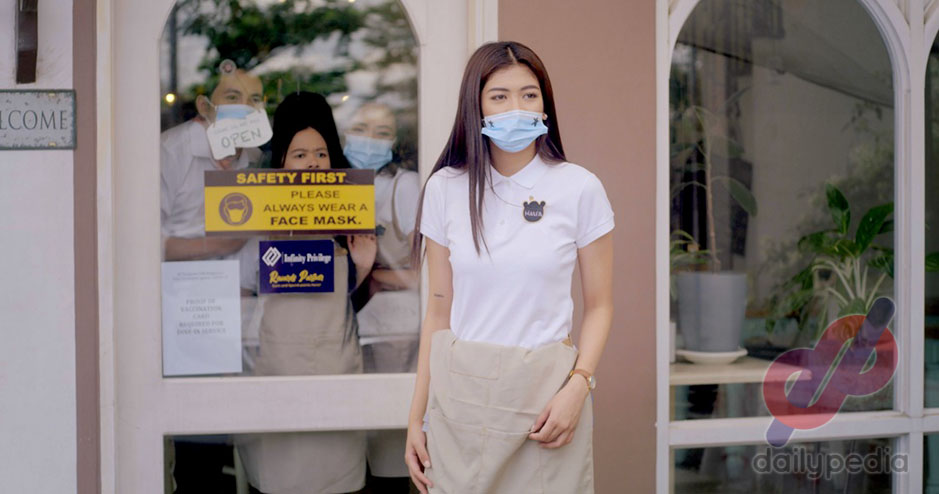A new study has found that wearing face masks makes people more attractive.
Cardiff University’s latest research published in the journal Cognitive Research: Principles and Implications examined how different types of face masks boosted the attractiveness of 40 male faces.

Results suggest that the blue medical ones made the user more appealing out of all the masks.
“Research carried out before the pandemic found medical face masks reduce attractiveness – so we wanted to test whether this had changed since face coverings became ubiquitous and understand whether the type of mask had any effect,” said Dr. Michael Lewis, a Reader from Cardiff University’s School of Psychology and an expert in the psychology of faces.
Medical face masks were found to be more effective because they are associated with healthcare workers and those thriving in the medical field.
“We also found faces are considered significantly more attractive when covered by cloth masks than when not covered. Some of this effect may be a result of being able to hide undesirable features in the lower part of the face – but this effect was present for both less attractive and more attractive people,” he added.
On a scale from 1 to 10, 43 female respondents were tasked to rate images of male faces without masks, faces with masks, those wearing blue medical face masks, and males using a black book to cover the mouth and jaw area.
The study started in February of last year, seven months after the UK declared the use of face masks mandatory.
“The results run counter to the pre-pandemic research* where it was thought masks made people think about disease and the person should be avoided,” said Dr. Lewis.
“The current research shows the pandemic has changed our psychology in how we perceive the wearers of masks. When we see someone wearing a mask we no longer think ‘that person has a disease, I need to stay away’.
“This relates to evolutionary psychology and why we select the partners we do. Disease and evidence of disease can play a big role in mate selection – previously any cues to disease would be a big turn-off. Now we can observe a shift in our psychology such that face masks are no longer acting as a contamination cue.” he continued.
Further research is needed to conclude the findings of the study.


